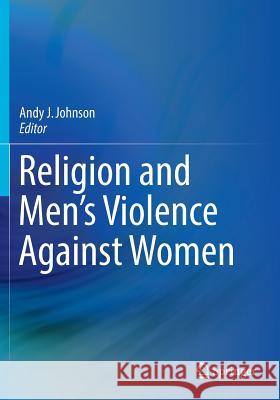Religion and Men's Violence Against Women » książka
topmenu
Religion and Men's Violence Against Women
ISBN-13: 9781493965854 / Angielski / Miękka / 2016 / 474 str.
Religion and Men's Violence Against Women
ISBN-13: 9781493965854 / Angielski / Miękka / 2016 / 474 str.
cena 442,79
(netto: 421,70 VAT: 5%)
Najniższa cena z 30 dni: 424,07
(netto: 421,70 VAT: 5%)
Najniższa cena z 30 dni: 424,07
Termin realizacji zamówienia:
ok. 22 dni roboczych.
ok. 22 dni roboczych.
Darmowa dostawa!
Kategorie:
Kategorie BISAC:
Wydawca:
Springer
Język:
Angielski
ISBN-13:
9781493965854
Rok wydania:
2016
Wydanie:
2015
Ilość stron:
474
Waga:
0.85 kg
Wymiary:
25.4 x 17.78 x 2.57
Oprawa:
Miękka
Wolumenów:
01
Dodatkowe informacje:
Wydanie ilustrowane











